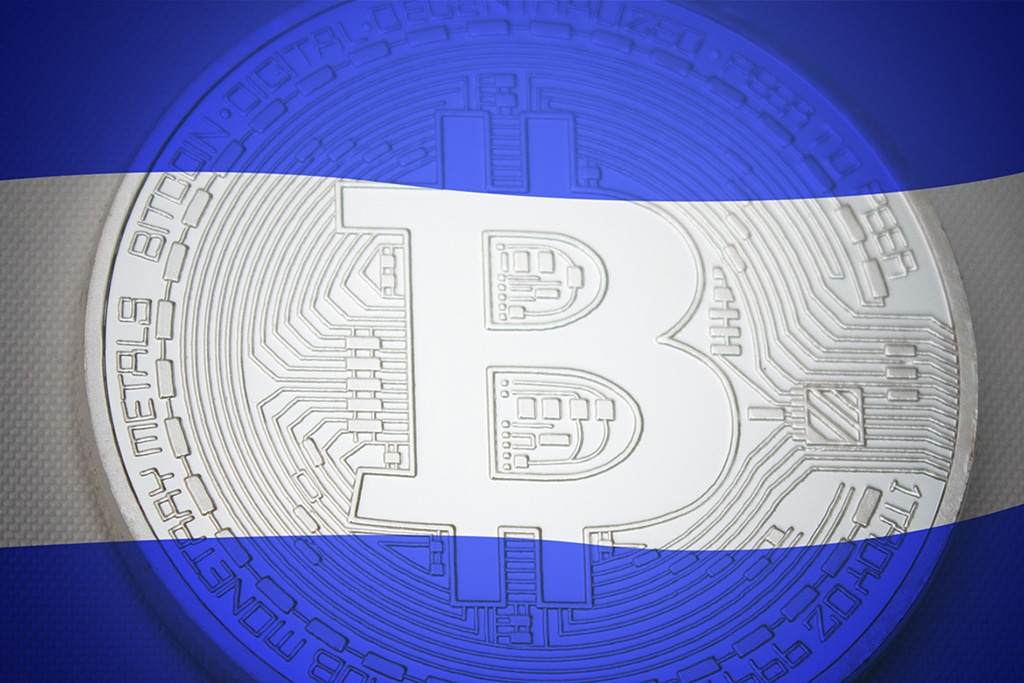
El Salvador Postpones Launch of Its $1 Billion Bitcoin Bond
El Salvador’s $1 billion Bitcoin bond shall be backed by the country’s volcanos that generate large geothermal energy.

El Salvador’s $1 billion Bitcoin bond shall be backed by the country’s volcanos that generate large geothermal energy.
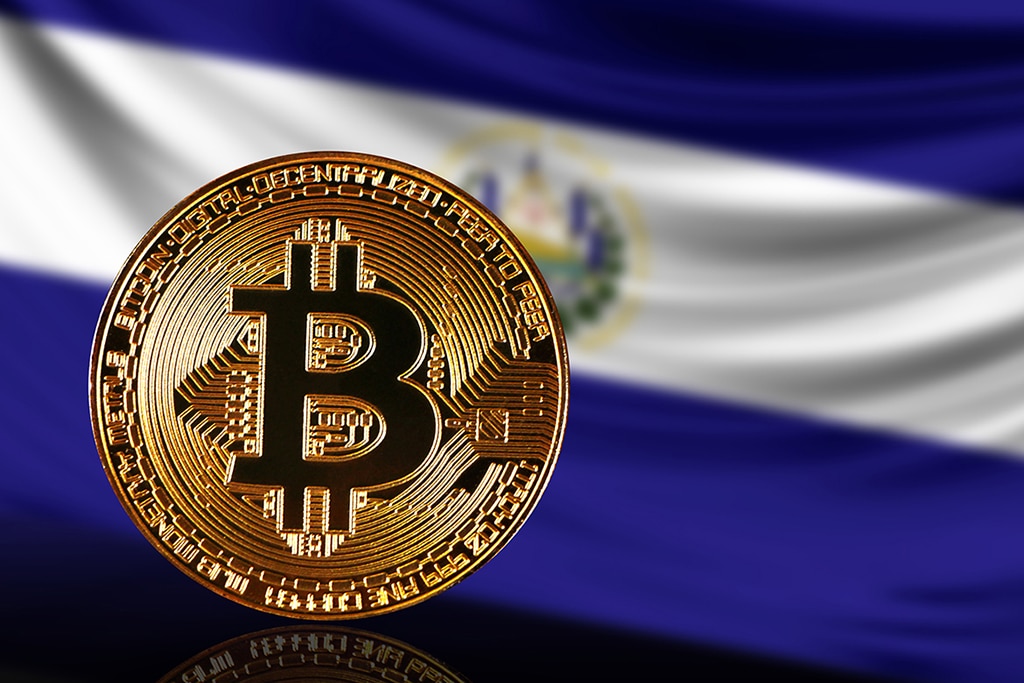
El Salvador is most likely to launch its Bitcoin bonds ahead this week. Here are some of things that investors willing to participate should consider beforehand.

The Federal Reserve will start tapering its bond purchase program by the end of November. Fed Chairman acknowledged the rising inflation to be faster than expected but expects to pull back by mid-2022.
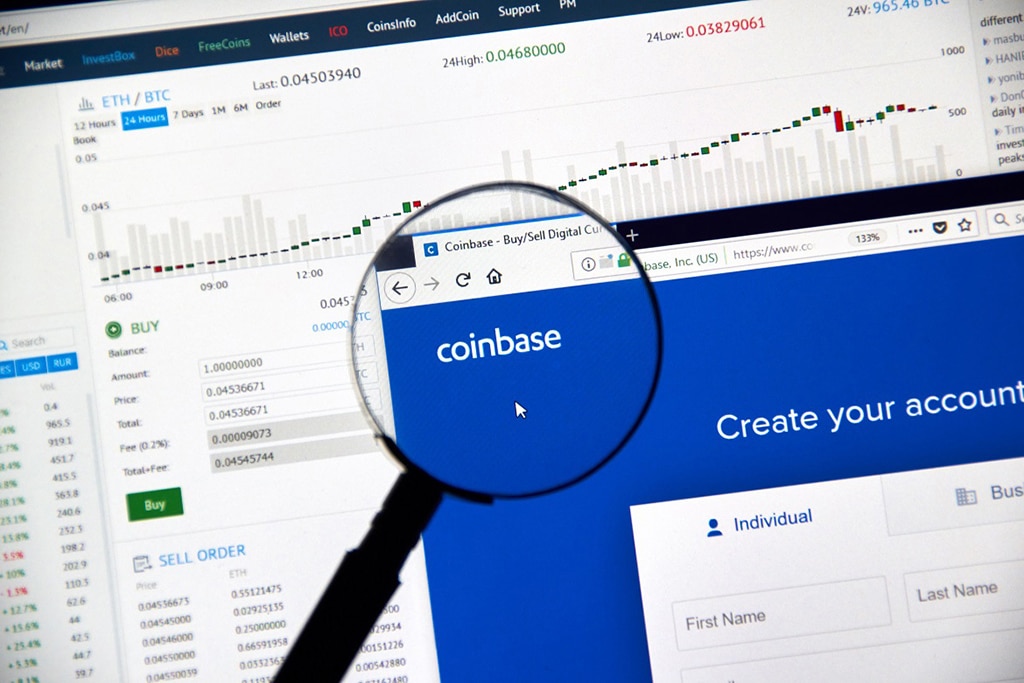
Coinbase is now the second crypto-related junk bond issuer in the United States market as business intelligence and software developer, MicroStrategy Inc, sold $500 million of notes in June to fund the purchase of Bitcoin.

Soon after completing the $500 million bond sale, MicroStrategy is willing to raise another $1 billion with the public sale of its Class A common stock and using those proceeds to buy Bitcoin.

According to MicroStrategy, the bonds will be completely and categorically secured on a senior basis by the company.

The growing capacity of Telegram is fast putting pressure on the company which keeps accruing costs to maintain its servers and network functionalities.

China Construction Bank clarified that it doesn’t work with Bitcoin or any other cryptocurrency. However, it will accept bond deposits made in Bitcoin.
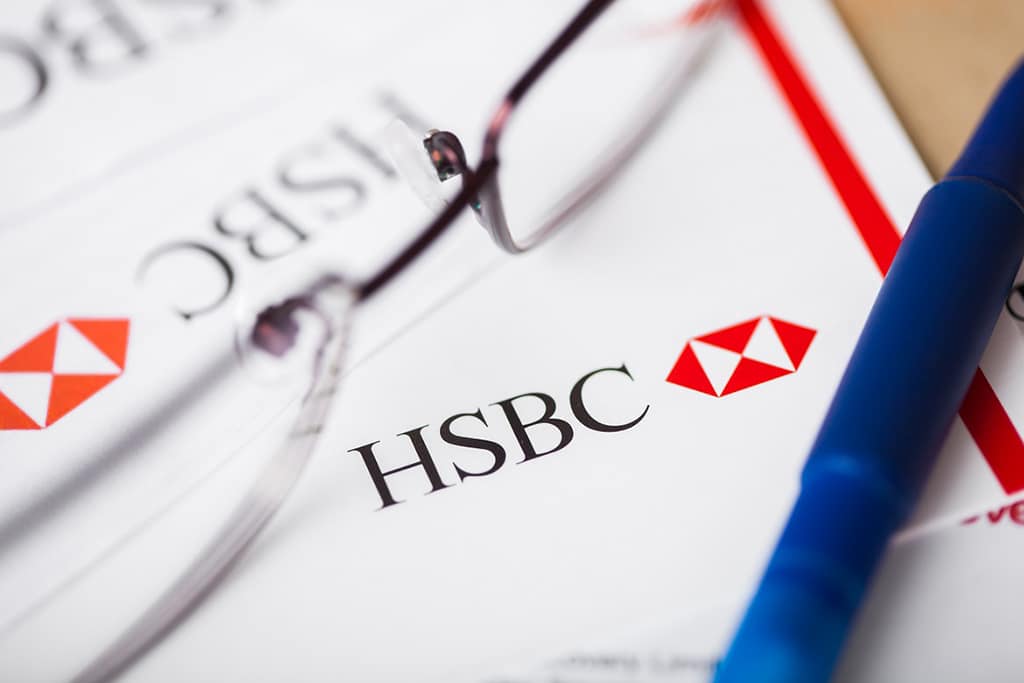
HSBC, SGX and Temasek have successfully issued a $294M digital bond, which is a 5.5-year corporate one, to Olam International.
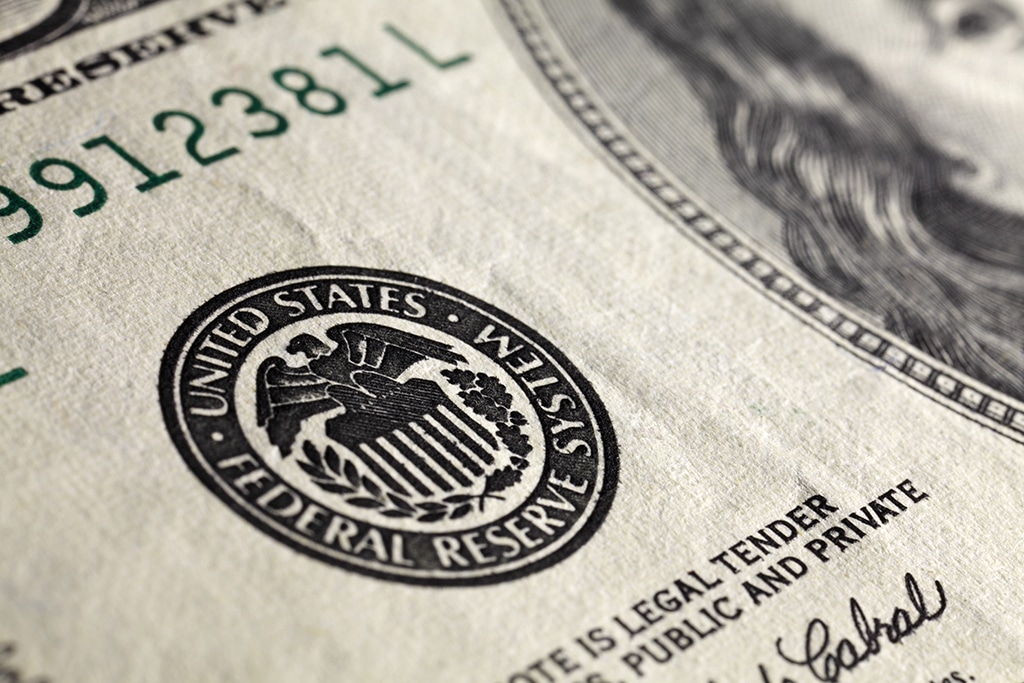
As part of its measure to cushion the effects of the coronavirus economic saga, the Federal Reserve will be investing about $750 billion in Individual Corporate Bonds. It will help provide adequate liquidity for government expenditure while boosting the credit system.

Expanding its earlier decision to buy corporate bonds from the primary market, the Fed announced that it will also buy individual corporate bonds from the secondary markets, with a maturity period of five years or less. Dow Jones reacted with a growth.
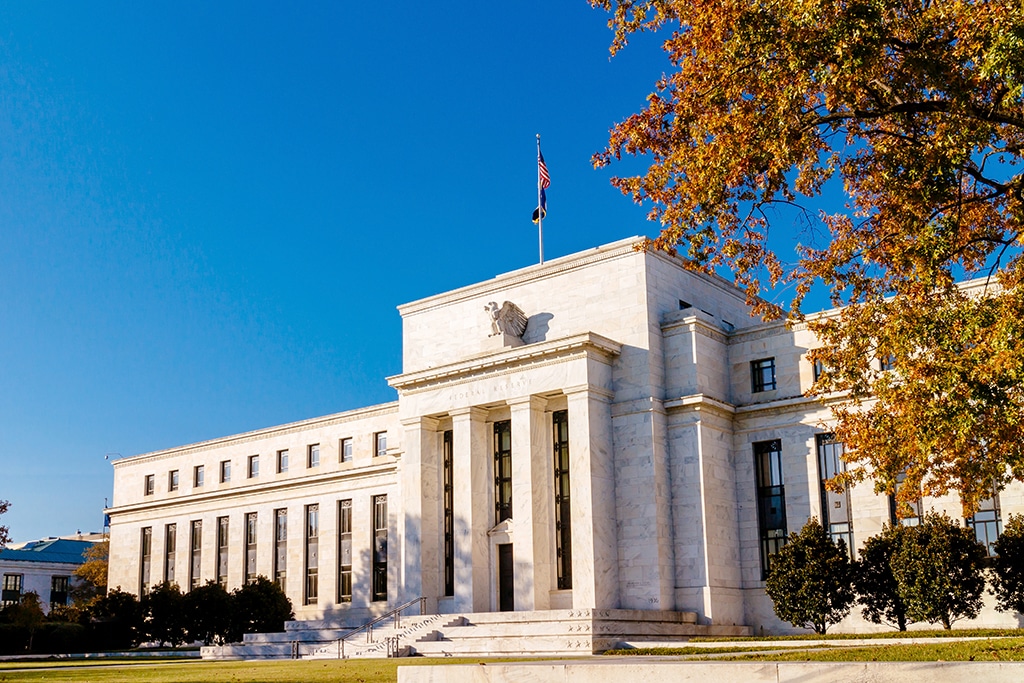
According to the Federal Reserve, the U.S. economy faces “considerable risks” over the medium term. The Fed promised to maintain a near-zero level of interest rates and keep buying bonds.
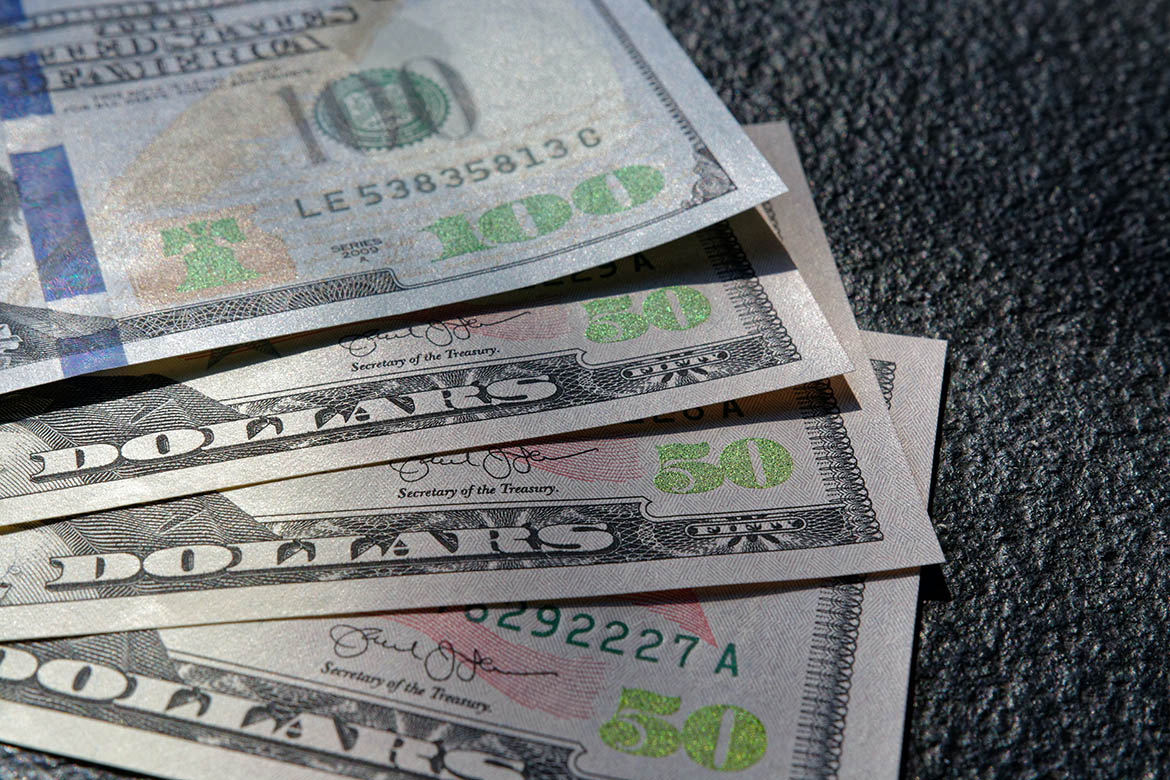
The article provides an explanation of how the U.S. Federal Reserve devalues dollars by printing them in huge amounts and saves corporations for the money of taxpayers.

The 10-year and 30-year Treasury bond yields are currently at their historic lows. Tuesday’s FED rate cuts have surprised traders as investors are now leaving stocks aside and moving for safer bonds.

Equities on major United States stock markets closed the trading session on Friday mostly lower, ending the worst week since the 2008 financial crisis. The Dow Jones and S&P 500 each dropped 12% and 11% in a week.